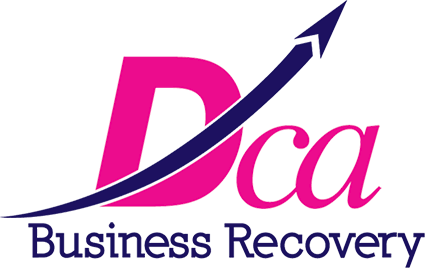As the news hits that we have entered a recession. We thought it would be beneficial to explain what a recession actually is.
A recession signifies a prolonged period of economic decline, typified by a contraction in Gross Domestic Product (GDP), heightened unemployment rates, and decreased consumer spending. This economic downturn stems from various factors, including reduced consumer confidence, tightened monetary policies, or disruptions in financial markets. External shocks like natural disasters or geopolitical events can also trigger recessions.
During a recession, businesses often experience decreased production, leading to layoffs and reduced income for individuals. Governments may respond with increased spending to stimulate the economy. Monetary policy adjustments and fiscal stimulus packages are common measures to mitigate the recession’s impact and promote recovery.
In summary, a recession represents a significant downturn in economic activity, impacting businesses, individuals, and governments alike. It is characterized by declining GDP, rising unemployment, and reduced consumer spending, typically requiring interventions from policymakers to spur economic revitalization.
If businesses are struggling it is best to seek advice at an early stage to ensure that there are more options available.

